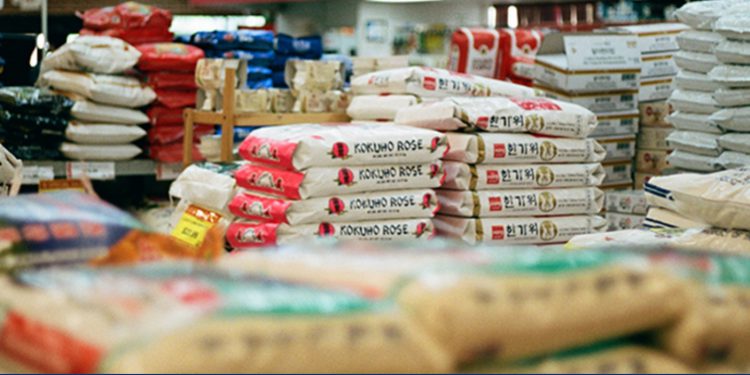The World Trade Organization could exempt humanitarian food aid from export restrictions. This would make it easier for World Food Programme to save lives in crisis situations. It would also help governments end hunger and malnutrition.
The World Food Programme (WFP) has reported rice and maize procurement have been affected by export restrictions. Maize procurement deliveries took two to three times longer, resulting in the loss of at least 3.9 million meals.
Food aid to West Africa was delayed by at least one month, and rice procurement prices rose by 20 percent.
World Food Programme Executive Director David Beasley has said the proposal “will help us save both money and time in reaching the most destitute.”
Around 30 countries including some from Africa, Asia, the Caribbean, and the Pacific, would be willing to co-sponsor the initiative, which has come from Singapore. 50 members are believed to have expressed support.
Humanitarian principles, rather than traditional trade issues, are at stake
It would take the form of a General Council decision, according to an article by IISD. The decision will be made at the WTO’s General Council meetng on 16 December.
The EU is consulting internally on the proposal, the US has spoken in support of the move, and China has voiced cautious support.
Trade officials have emphasised that WFP food aid represents a fraction of total global trade in food – and that humanitarian principles, rather than traditional trade issues, are at stake.
“We’re just trying to help WFP to do its life-saving work”, one supporter of the proposal told IISD.























